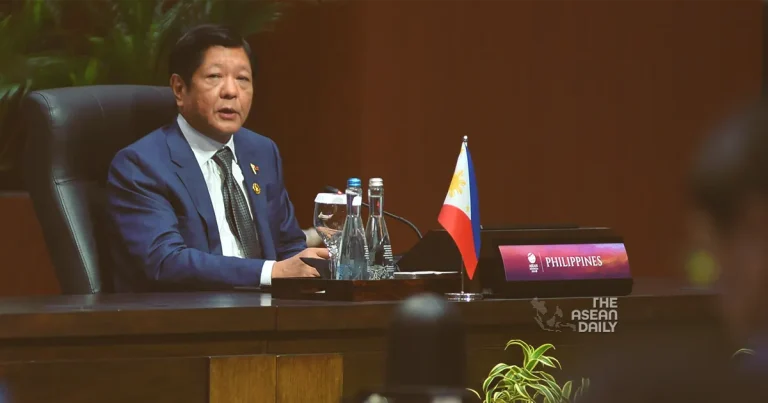8-1-2024 (MANILA) President Marcos has signed Republic Act 11976, commonly referred to as the Ease of Paying Taxes Act, in a bid to revolutionize revenue collection and safeguard the rights of taxpayers through digitalization.
Presidential Communications Office Secretary Cheloy Garafil highlights that the law’s primary objectives are to modernize tax administration, fortify taxpayer rights, and expand the tax base by simplifying the system and reducing the burden on taxpayers.
Garafil stated, “The newly enacted Ease of Paying Taxes law aligns with the administration’s 8-Point Socioeconomic Agenda, aiming to bolster economic and social development through increased tax collection.”
Ease of Paying Taxes was underscored as a priority in President Marcos’s State of the Nation Addresses in both 2022 and 2023.
This groundbreaking legislation introduces administrative tax reforms and amendments to several sections of the National Internal Revenue Code of 1997. It aims to update the Philippine taxation system, adopt best practices, and replace outdated procedures, according to Garafil.
Key features include the categorization of taxpayers into micro, small, medium, and large entities, the option for electronic or manual filing of returns, and payment of taxes through the Bureau of Internal Revenue (BIR) or authorized agents. Additionally, taxpayers can choose to remit internal revenue taxes to the city or municipal treasurer. The law eliminates the distinction between documentation and the basis of sales of goods and services and classifies value-added tax refund claims into low, medium, and high-risk categories.
To enhance the Bureau of Internal Revenue’s (BIR) performance and efficiency, the law mandates the adoption of an integrated digitalization strategy. This involves implementing end-to-end solutions for taxpayers, such as an integrated and automated system for basic tax services, electronic and online systems for data exchange, and the streamlining of procedures through automation and digitalization of BIR services. The law also emphasizes the development of the BIR’s technological capabilities.
The implementing rules and regulations of the law will be issued within 90 days of its effectivity, following consultations between the finance secretary, BIR, and the private sector. Republic Act 11976 is set to take effect 15 days after its publication in the Official Gazette or a newspaper of general circulation.
For the year 2023, the BIR has set a collection target of P2.64 trillion, reflecting a 12.99 percent increase, equivalent to P303.50 billion, compared to the actual collection in 2022.
In a statement released in November, the BIR reported a year-on-year increase of 11.11 percent, with total tax collection reaching P2.13 trillion from January to October 2023.




